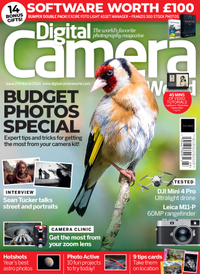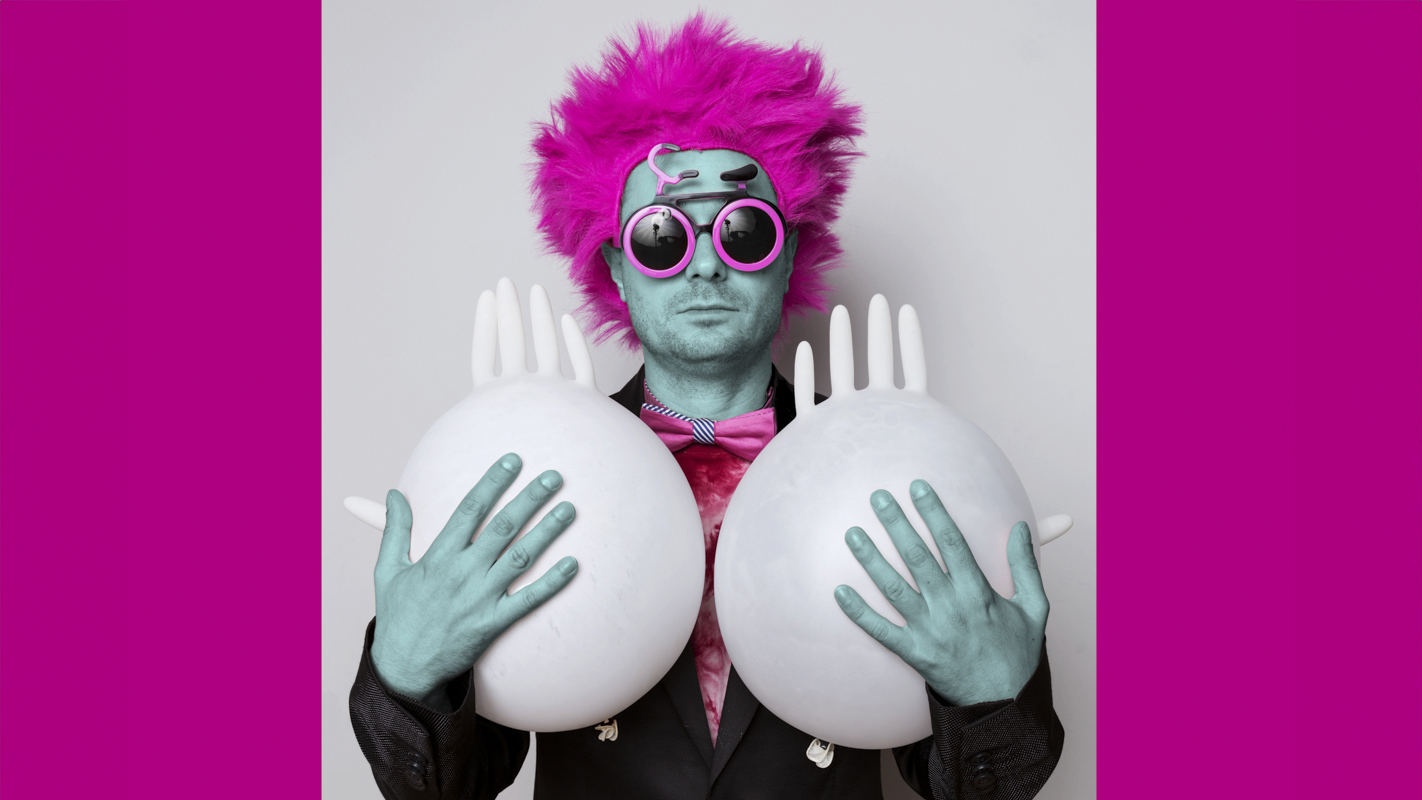"I got tired of hearing some photographers and even lecturers say there was no money in the industry anymore when I have found the opposite". Denise Maxwell gives insight on making cash from your camera ahead of TPVS 2024
The photographer and educator offers some insights for making a living from photography – one of her talks at The Photography & Video Show
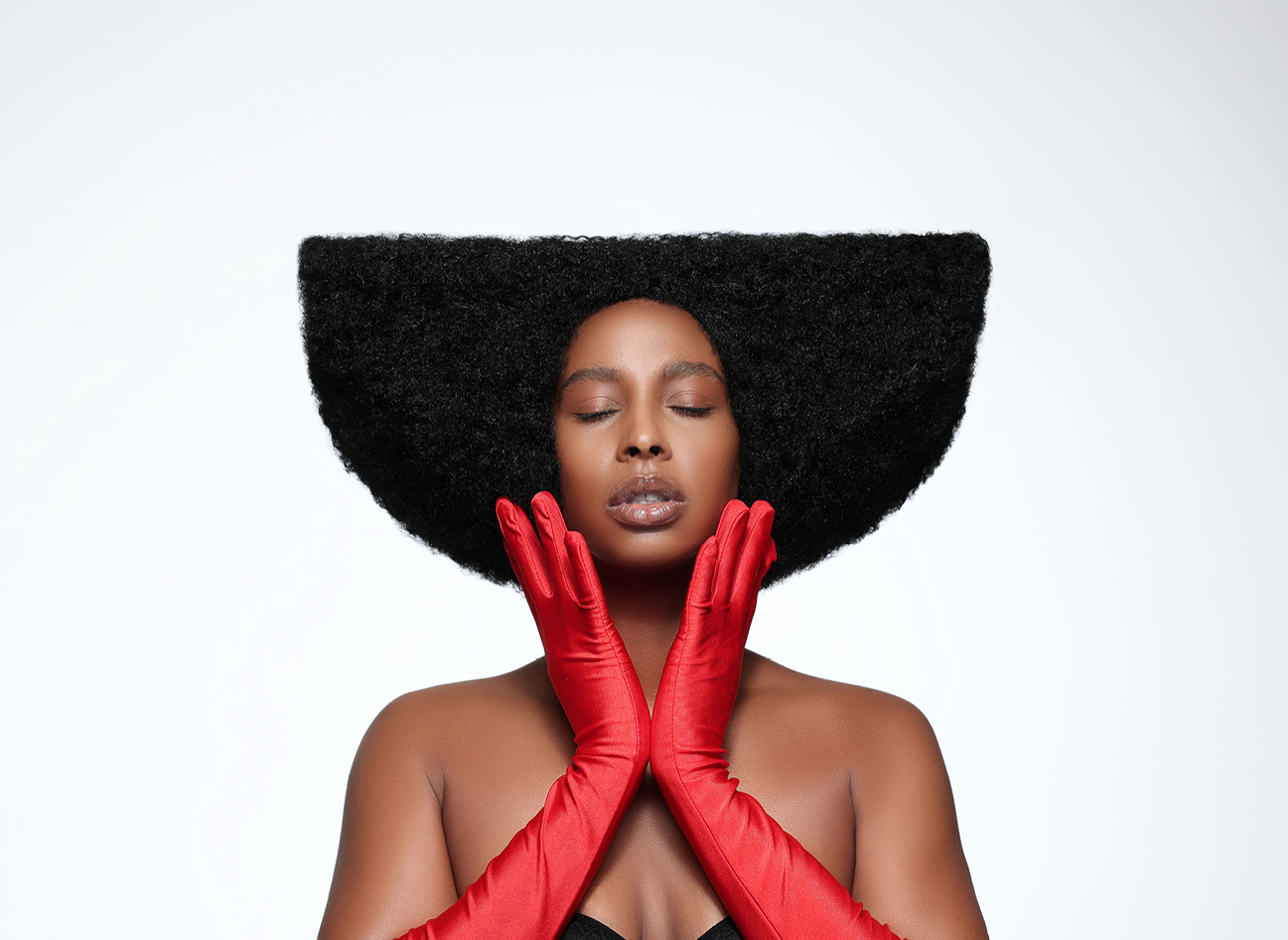
Denise Maxwell returns to the NEC in Birmingham 16 and 17 March to give talks at The Photography & Video Show about how to make money from photography and photographing big events.
A regular visitor to the show, first as a punter and then as a speaker, Maxwell has enjoyed a successful and rewarding photographic journey.
Focusing on more than one genre, Maxwell just loves taking photos – and inspiring and teaching others to do the same.
And she will appear at the Show with a new title – she was recently awarded a Doctor of Arts by the University of Wolverhampton.
We sat down with Maxwell to discover more about her career to date, and to get a taste of her upcoming speaking engagements in March.
• Standard entry tickets to The Photography & Video Show 2024 start from £14.95 and are valid for any one day of the event; students and professionals can get in for free. To save 20% on your tickets use the code DCWTPS24 before March 14 - Click here to buy your tickets
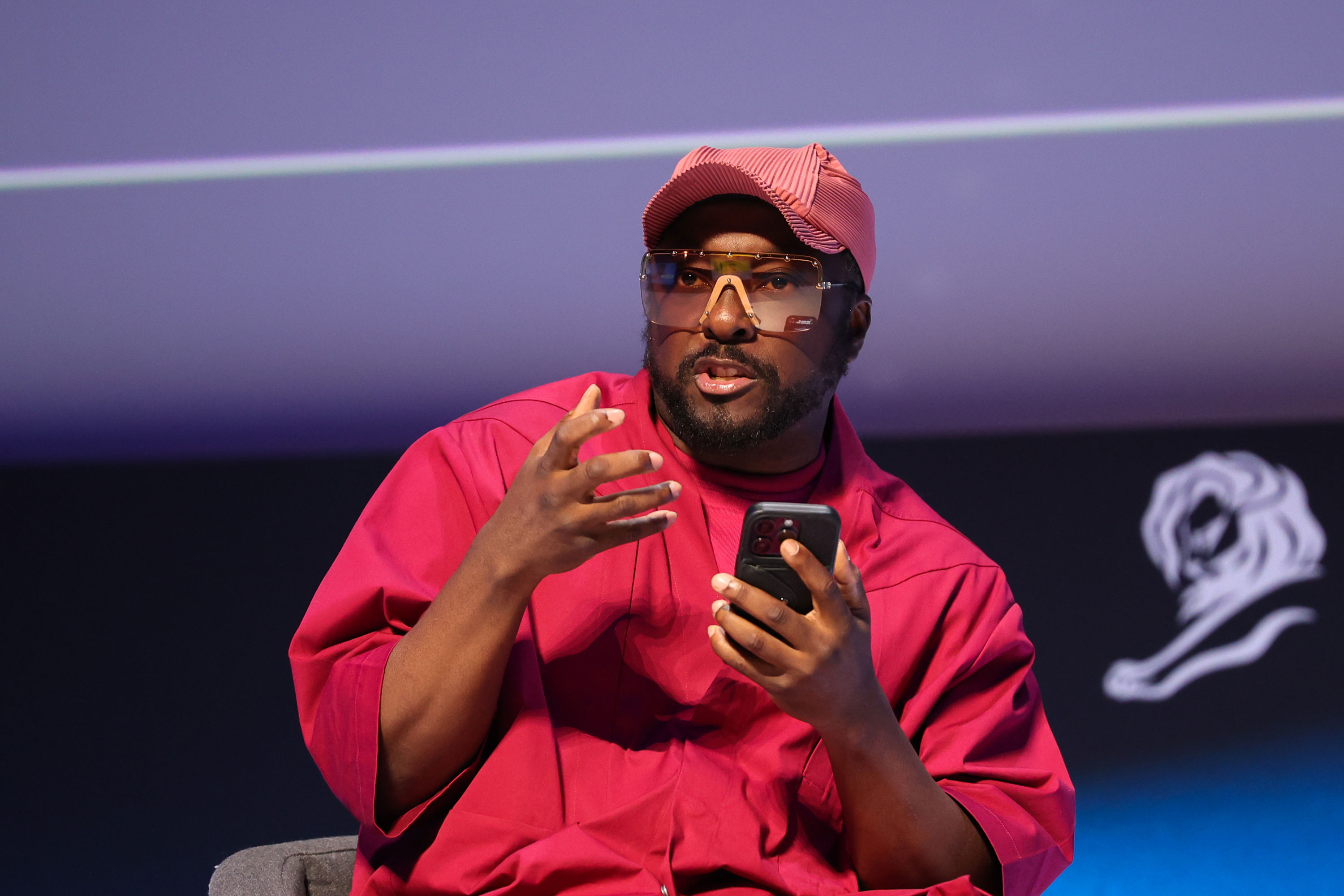
Your talks are titled ‘How do you make money from photography?’ What will you be covering?
Everyone can expect a frank and honest workshop where I will explicitly talk about money – one thing that so many photographic workshops shy away from – what can I actually earn from doing job X, Y or Z?
The audience can also expect some jokes because we are also going to be there to have fun, and a relatable workshop that will help them understand how doable making money from photography is. There will be no talk about f-stops, the best lenses or buying the latest cameras… just a snippet of how I make my money and how the audience can, too.
I have attended so many workshops over many years and have always felt like they have stopped short of sharing real gems – often peripheral general details – which has left me feeling cheated. It’s as though everything is secretive. In all of my courses, I share real pounds and pennies, state how I go into this type of work and give people the formula for how they can, too. In the eight-week course I deliver, participants have already started to implement what they have learned before the course ends.
I run courses that teach photographers how to earn £5-10k per month from photography, as I do. My talks will be a snippet of some of the information I teach in my courses. I got tired of hearing some photographers and even lecturers speak about how there was no money in the industry anymore when I have found the opposite; it is a great industry to be in and people have never needed as many images as they do now. Clients need images for their social media feeds, websites, newsletters and events, to bring their businesses online – and so much more.
This is why I decided to speak on this subject and create workshops and courses. It was something I was not taught when studying, and I still speak to photographers leaving three-year degrees and master’s degrees with no clue about how they will earn money after the course. So it is still not largely being taught. Yet it is the one thing photographers need to know to make a go of being a full-time photographer. I find this is one of the most asked questions I see in photography groups, so I know it is still a mystery to so many people.
Currently, I have 10 income streams from photography. In the time I have for the talk, I will teach participants how to set up and earn from different streams and what they can earn from them. So this workshop will be for anyone who is serious about wanting to earn an income from their photography, wanting to make it their full-time job as I did and have done. Yes, it is a joy to be creative and do it for the fun of it, but photographic equipment is expensive and we still all have bills to pay! Imagine being able to combine both – being creative and paying your bills at the same time. This is my life as a full-time photographer.
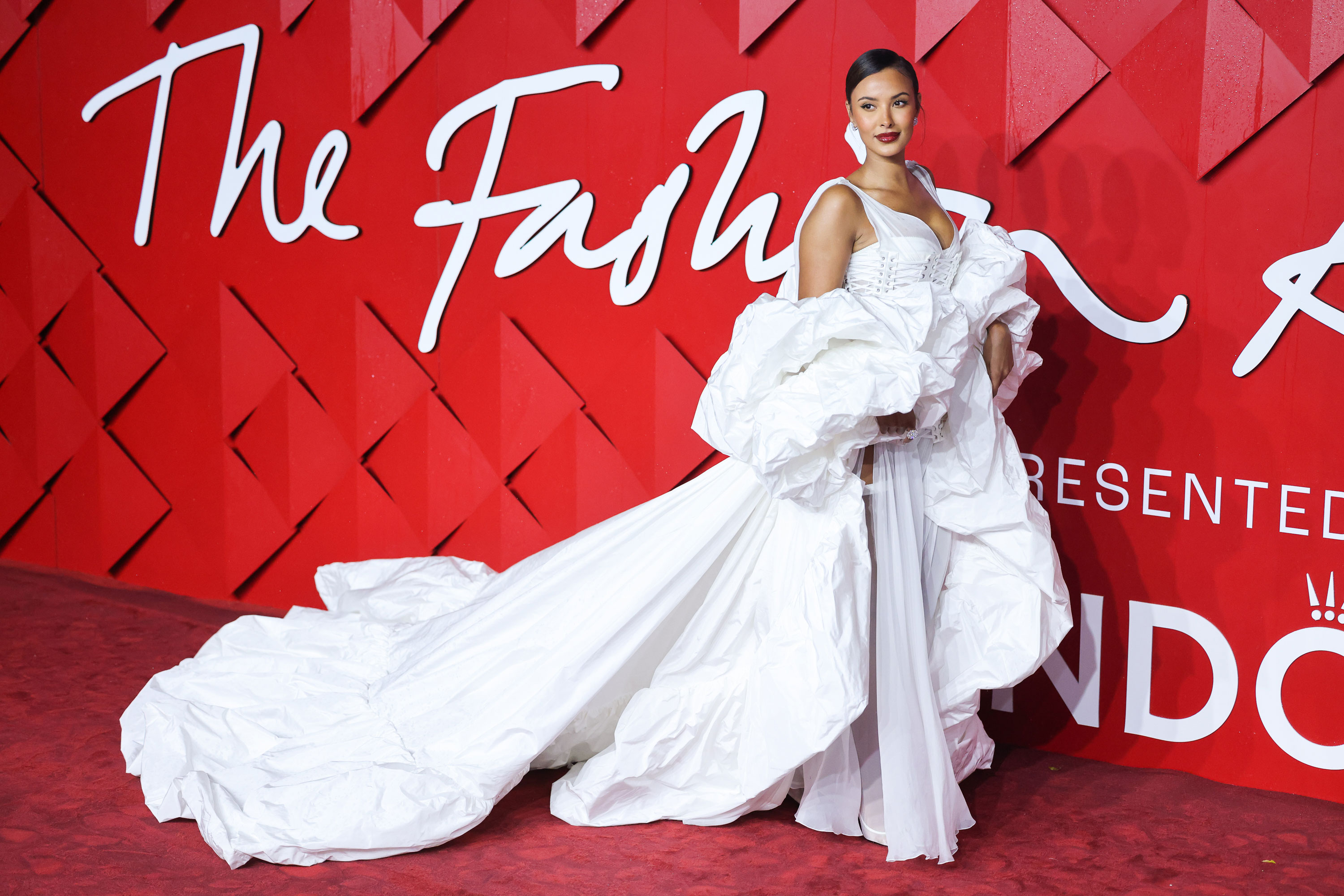
What has your photographic journey been so far?
Do I start from when I used to borrow my mum’s 110 Kodak film camera to take to junior school? Or my own 35mm camera from the days before mobile phones which I used to take everywhere with me? I started with on-site event studios, weddings and portraits. I was made redundant from a career in the NHS, which was devastating at the time. I earned a good salary, did a job I loved and worked with colleagues I liked; I could not imagine finding anything better. That was a blessing in disguise. The saying ‘Good things come to an end to make way for more good things’, has been my experience; I became a full-time photographer.
I now cover a wide mix of different genres, everything from sports to red carpets, events, fashion, portraits, campaigns… I like the variety and I love the fact that I’m shooting different things on different days – it means nothing gets boring. Now, 13 years in, I still love my job and I am not sure how many others can say that.
I now also give back in many ways. I mentor emerging photographers, I do equipment giveaways as an ambassador, I also offer opportunities where emerging photographers can shadow me on real commissions sponsored by MPB and I lecture in various educational establishments around the UK.
My journey has taken me to places beyond where I dreamed of, events I used to watch on TV, working with people I grew up watching. In December, for example, I worked with two of my childhood icons, Linford Christie and Baroness Floella Benjamin. When I was little, I used to have the same plait and beaded hairstyle as Floella and I grew up watching Linford beat the USA in athletics. I would never have thought I would ever end up working with them. They are now both proudly added to my selfie collection!
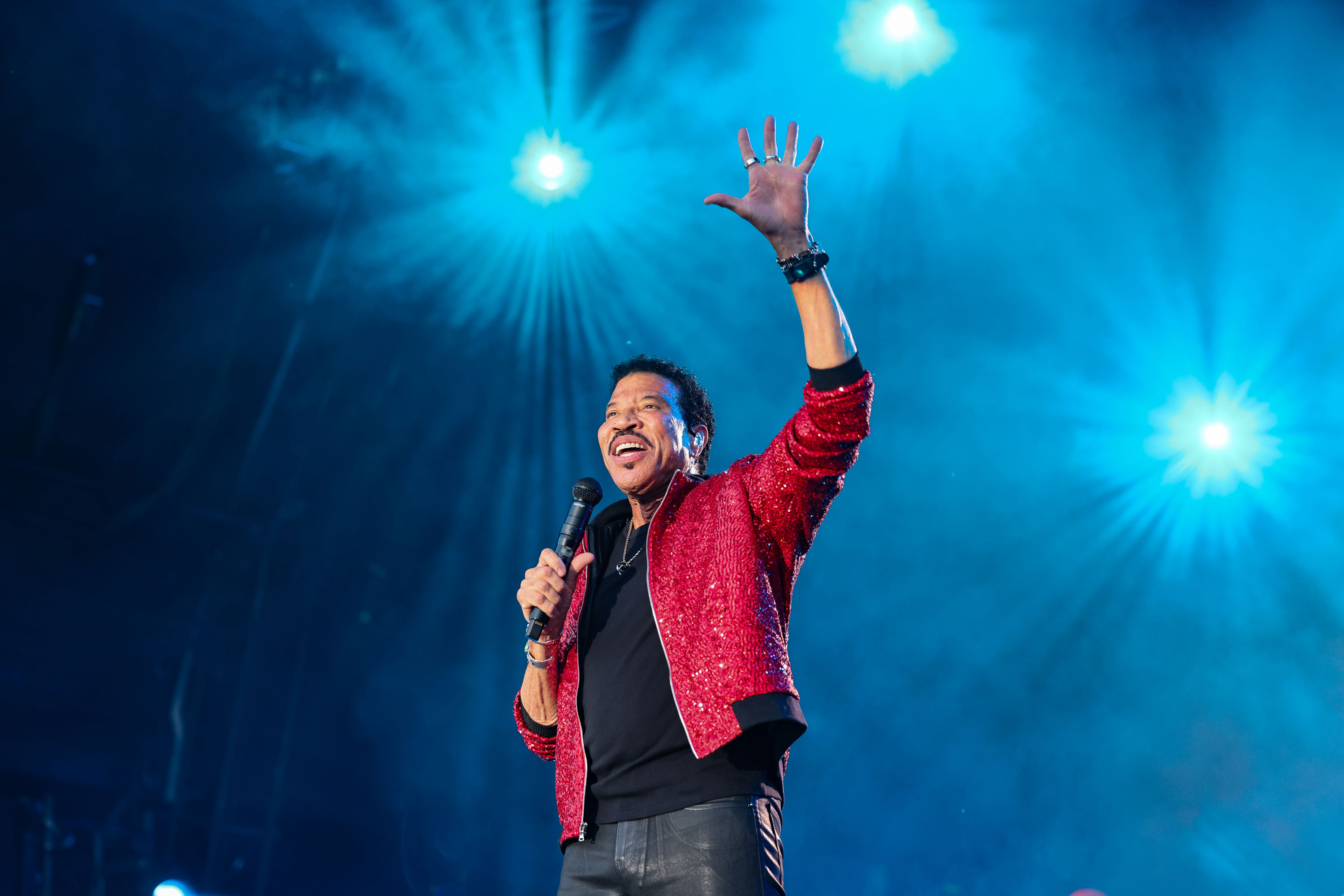
Which kind of photography do you shoot most? Are you a master of one – or several – genres?
I am a master of many and, yes, I can proudly say that. I don’t subscribe to the idea that you can only cover one genre well. In other parts of the creative world, people cover multiple genres: people like Jamie Fox and Kano are both actors and musicians. We have so many singers and songwriters, and multidisciplinary artists, like Dr Vanley Burke. We are surrounded by examples of creatives covering many genres, but do not label it as such, or make anything of it – except in photography.
That is not to say there is anything wrong with being a master of one genre. It suits some people; it just would not suit me. I have always had jobs that require variety, where I do different things on different days. As a photographer, I am just continuing what I have always done in previous roles.
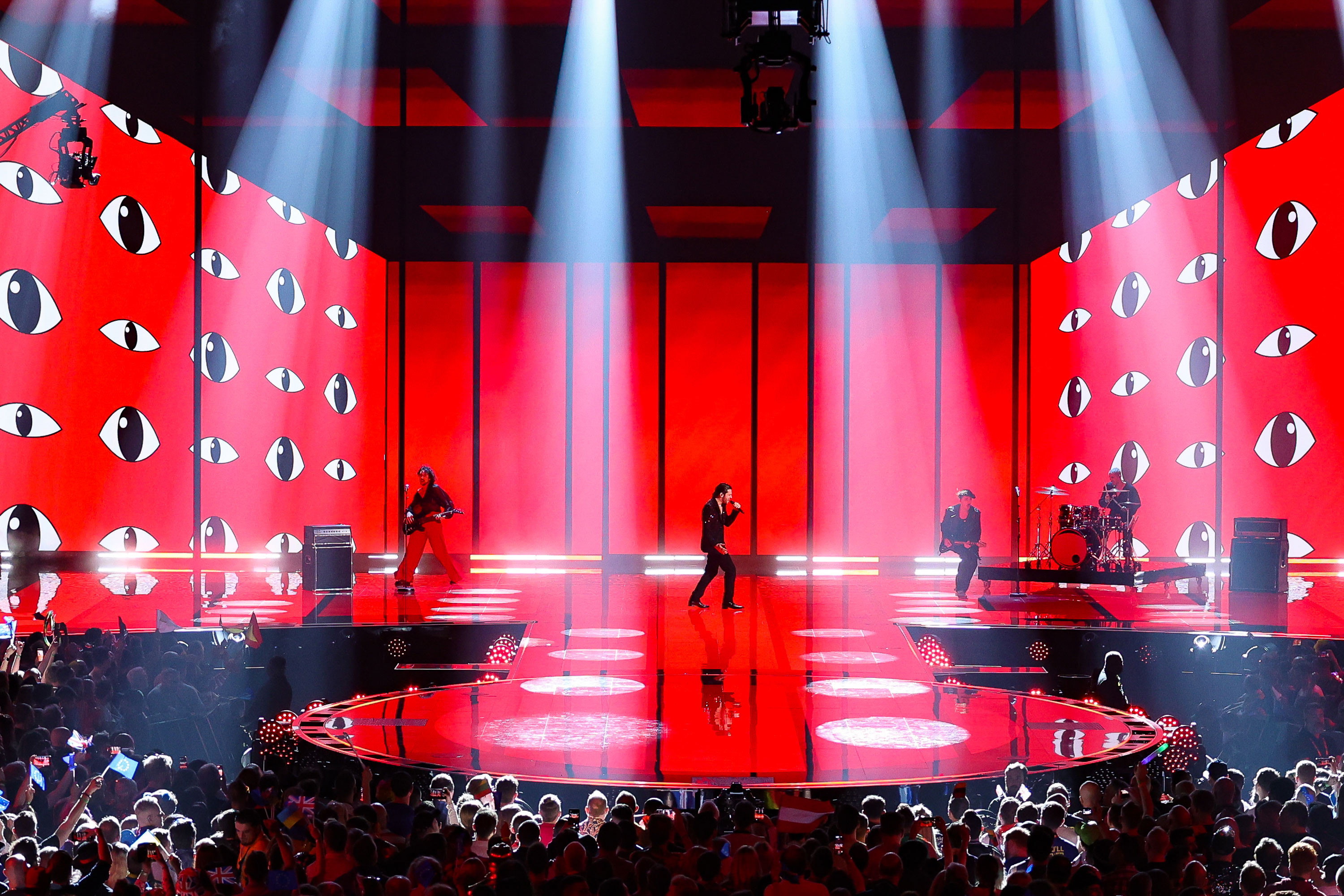
Has your career turned out the way you expected, or have there been some unexpected changes of direction to deal with along the way?
It has turned out nothing like what I expected. I always thought I would be successful shooting weddings and events – there is nothing wrong with these genres, I would have been happy if this was my path.
But my career has gone beyond what I ever imagined. I attended The Photography Show and its predecessor for many years whilst a student and in the earlier parts of my career. I attended talks, met up with friends and made purchases. Now I am one of the speakers that others are coming to see and I have had amazing feedback from speaking in previous years. How about that for the world throwing curveballs I didn’t expect?
Last month, I photographed The Fashion Awards, a red carpet of people I have watched on TV. I have shot premieres for Netflix series, like The Crown, and then suddenly, the actors were standing in front of me.
I spent part of my summer at the Cannes Lions Festival, a festival of creativity for the leading creative agencies and big companies in the world, attending as a delegate creative workshops run by well-known names including Halle Berry, will.i.am, Kevin Hart, Denai Guerra and Issa Ray, to name just a few.
I could offer so many similar anecdotes that could probably fill the magazine! I now earn what I did in a month in a few days. I do a job I love that brings me to amazing places and I have the freedom to give back. It is not where I thought I would be but I always say I feel completely blessed to be where I am.
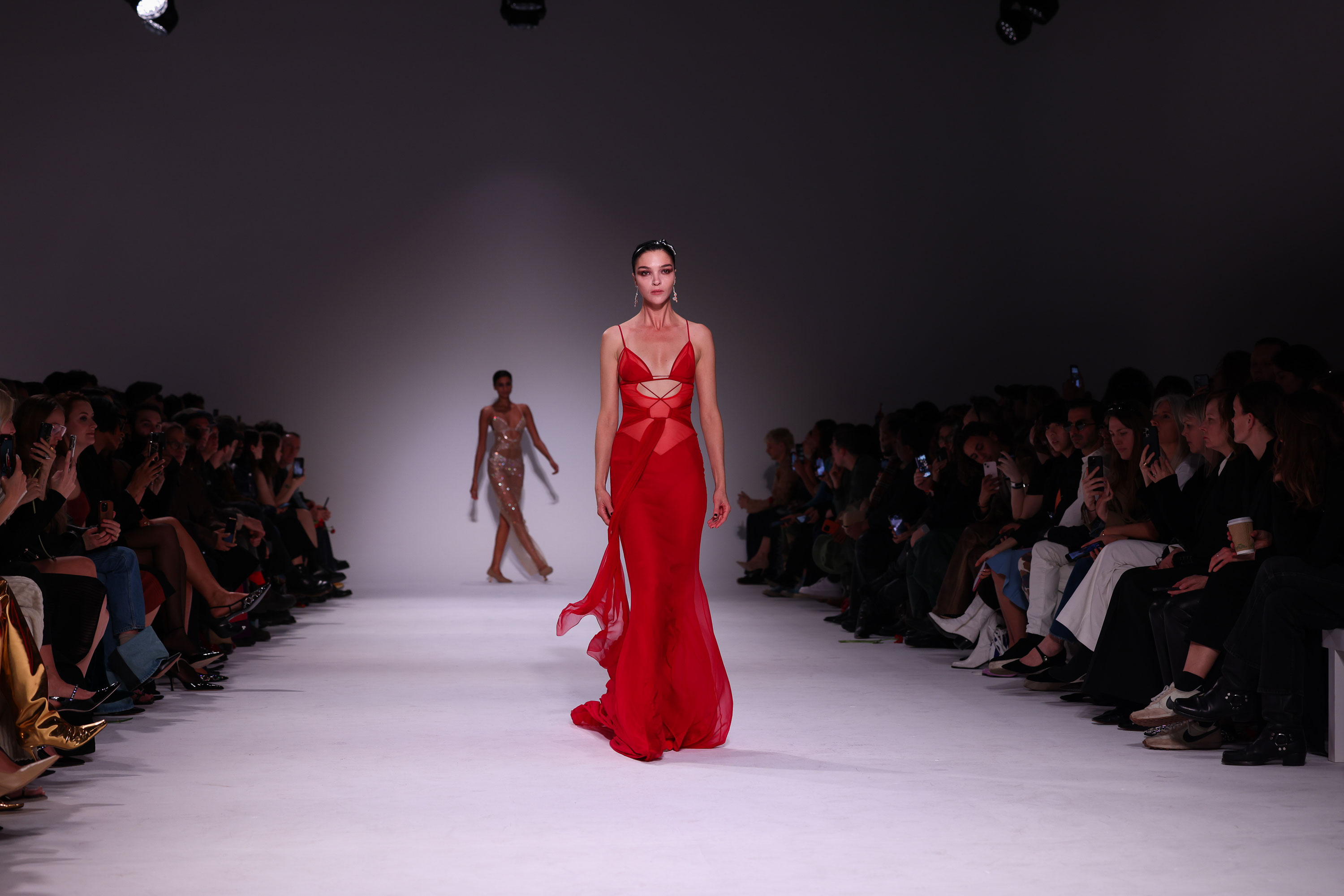
There are multiple ways to earn a living from photography these days – from being commissioned to running workshops, and much in between – but for anyone who’s looking to turn pro, what do you think should they focus on most?
This is going to sound simple, but practice! Nothing is going to happen without you being able to deliver when opportunities come your way, or having a portfolio so clients will want to hire you. The first thing to work on is your portfolio and getting to know how to deliver in any situation, knowing your camera inside out. I hear some photographers speak about not having picked up their cameras for months and, honestly, I am shocked when I hear this! If you are not yet full-time, this is your time to have fun and practise without the pressure of deadlines and clients. Shoot something, shoot everything!
Imagine getting your dream commission but failing because you are unfamiliar with that kind of shoot and aren’t quite sure how to control your lighting in that environment or which lens would be best. Practice will ensure you do not end up in this predicament.
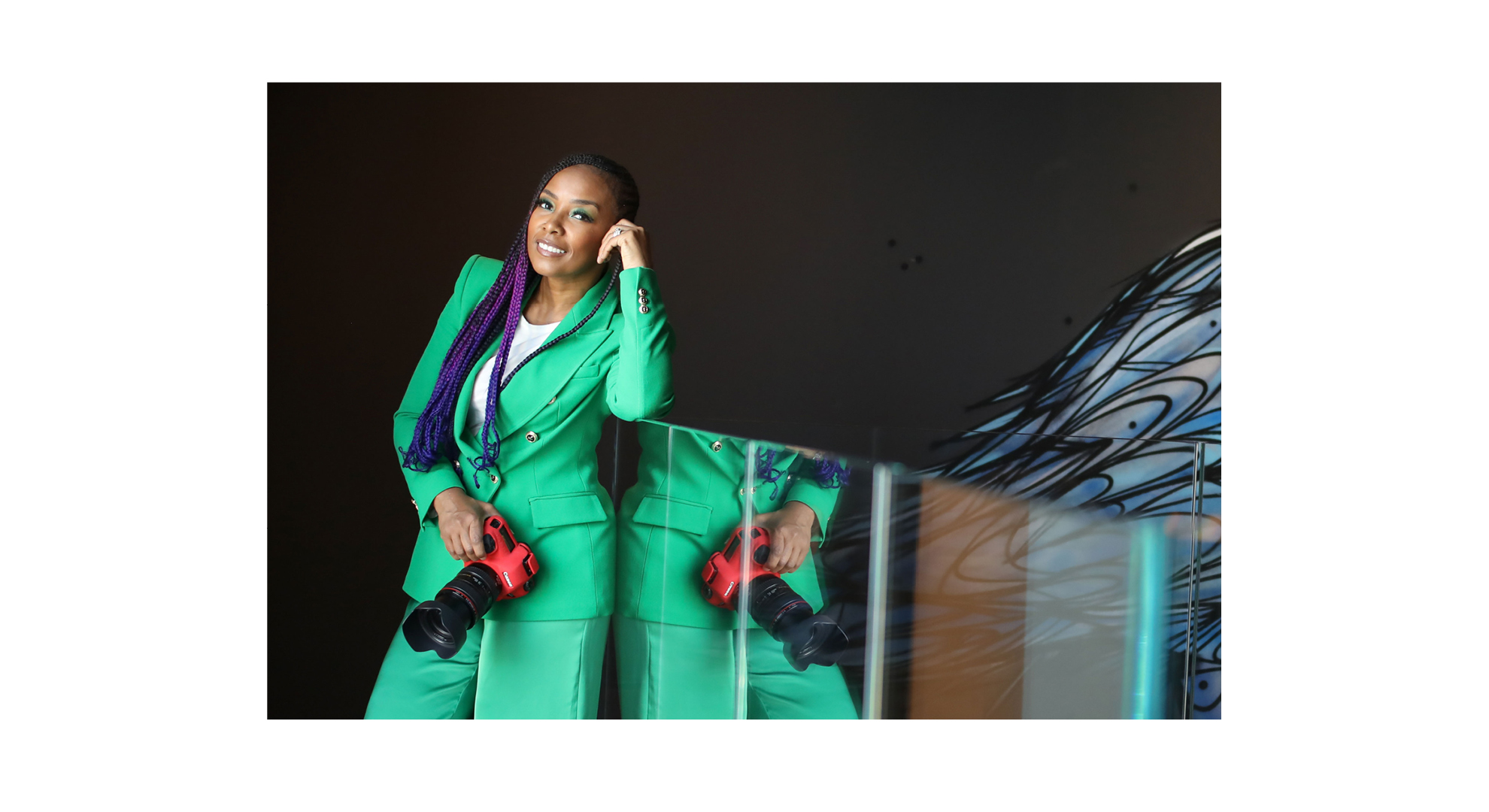
How did your honorary degree come about?
The first I knew about it was getting a letter one morning. I read it, then wondered who was pranking me. From what I now understand, it works in a similar way to honours, where you are nominated. Then it goes to the university committee, who vote on it. The letter I received confirmed that it was a unanimous decision and that the committee was particularly excited that I was an alumnus of the university and that I had stayed in the local area to pass my skills on to others. It also cited that it was for ground-breaking achievements in my field where I was an inspiration to others. Not bad at all for a working-class girl from the Black Country!
Does the degree award require you to do any teaching or mentoring?
Not specifically, but this is something I do anyway. Being part of the alumni, it also makes sense that I would do some work at my former university. I am currently arranging to do some work with the university photography department. I would have really appreciated hearing from a working photographer when I was at college, not someone who was famous and beyond my reach, so I hope to be that ‘see it so you can be it’ person for others.
One of the young women from the photography degree also won one of my shadowing opportunities and came to shadow me at one of Birmingham’s biggest award events. She got to have selfies with all her favourite influencers as an added bonus, in addition to learning how to cover a big awards event.
And finally, what was the last item of photographic kit you bought… and why did you choose that particular one?
The last big item was a Canon RF 70-200mm F2.8L IS USM lens after changing to mirrorless last year with a Canon EOS R5.
I chose that lens because it made sense with my new cameras. Other bits of kit I change periodically, and I am constantly buying stuff.
Softboxes get tatty and look unprofessional on jobs, batteries do not recycle as quickly after a while and with memory cards I either lose them or lend one to a friend on a job then forget to get it back. I am also always buying peripheral stuff like hand warmers and rain covers.
See Denise Maxwell at The Photography Show 2024
• ‘How DO you make money from photography?’ with Dr Denise Maxwell takes place at The Photography & Video Show on 16 and 17 March at 11.50am.
Get the Digital Camera World Newsletter
The best camera deals, reviews, product advice, and unmissable photography news, direct to your inbox!
Tickets cost £10 per person, and are on sale now on the show website.
• ‘Event photography: Mastering big events through the lens‘ with Dr Denise Maxwell takes place on the Behind the Lens stage on 16 March at 2.15pm. This talk is free.
Standard entry tickets to The Photography & Video Show 2024 start from £14.95 and are valid for any one day of the event. Click here to buy your tickets. To save 20% on your ticket use the code DCWTPS24 before March 14
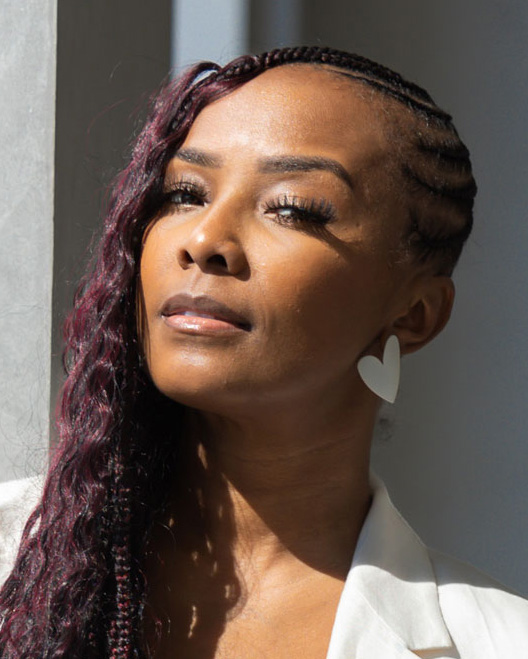
The owner and photographer of Lensi Photography for 13 years, Maxwell became a professional photographer after being made redundant from her job in the NHS. She shoots a variety of genres for a wide range of clients and her work has appeared in many different publications. An educator as well as a photographer, Maxwell has spoken at The Photography and Video Show. Born and raised in the Midlands, she was recently awarded a Doctor of Arts by the University of Wolverhampton.
Subscribe today!
This interview appears in the February 2024 issue of Digital Camera magazine, on sale from 1 March. Click the link below to see our latest special subscription deal!
Digital Camera World is the world’s favorite photography magazine and is packed with the latest news, reviews, tutorials, expert buying advice, tips and inspiring images. Plus, every issue comes with a selection of bonus gifts of interest to photographers of all abilities.
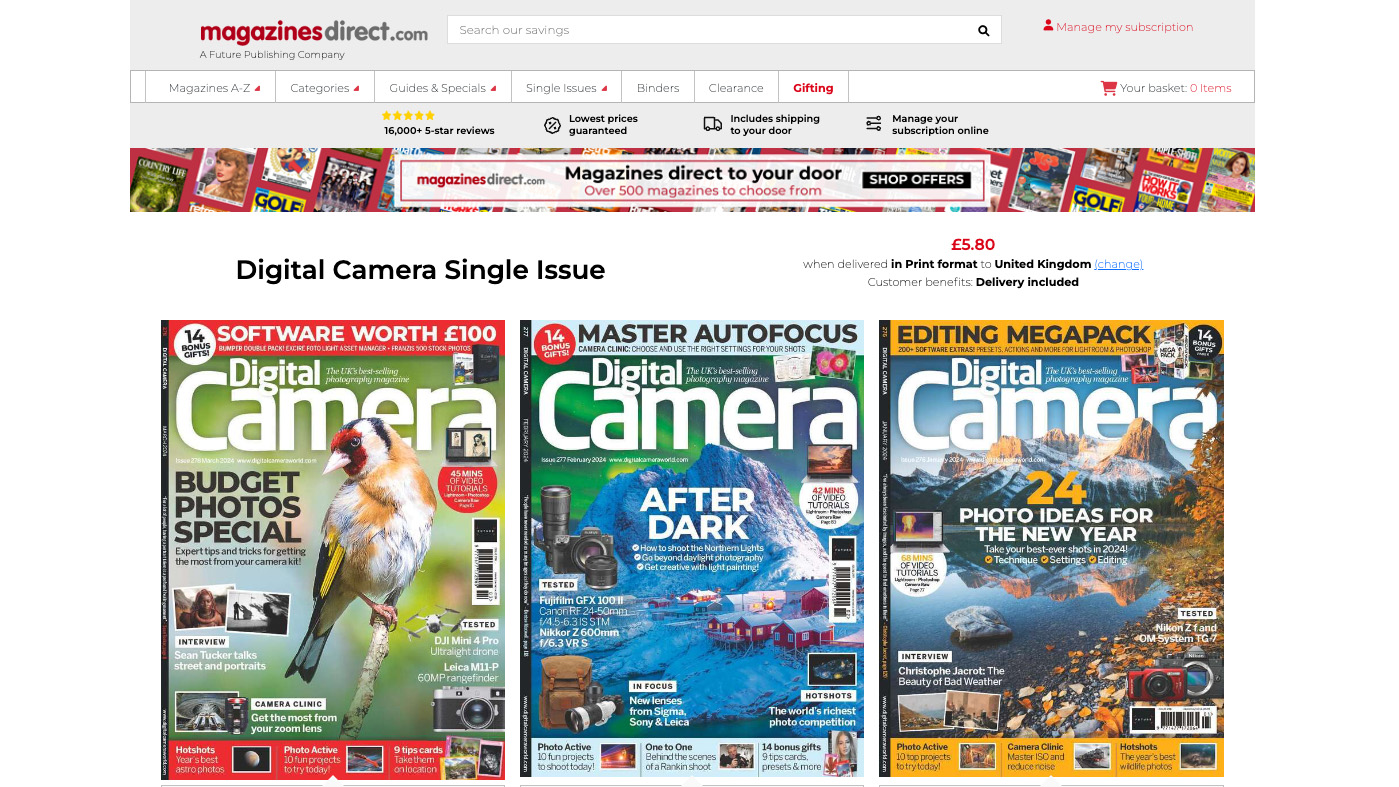
You can buy limited back issues of Digital Camera magazine in print at our Magazines Direct secure store.
Alternatively, there is a range of different digital options available, including:
• Apple app (for iPad or iPhone)
• Zinio app (multi-platform app for desktop or smartphone)
• PocketMags (multi-platform app for desktop or smartphone)
• Readly (digital magazine subscription service)
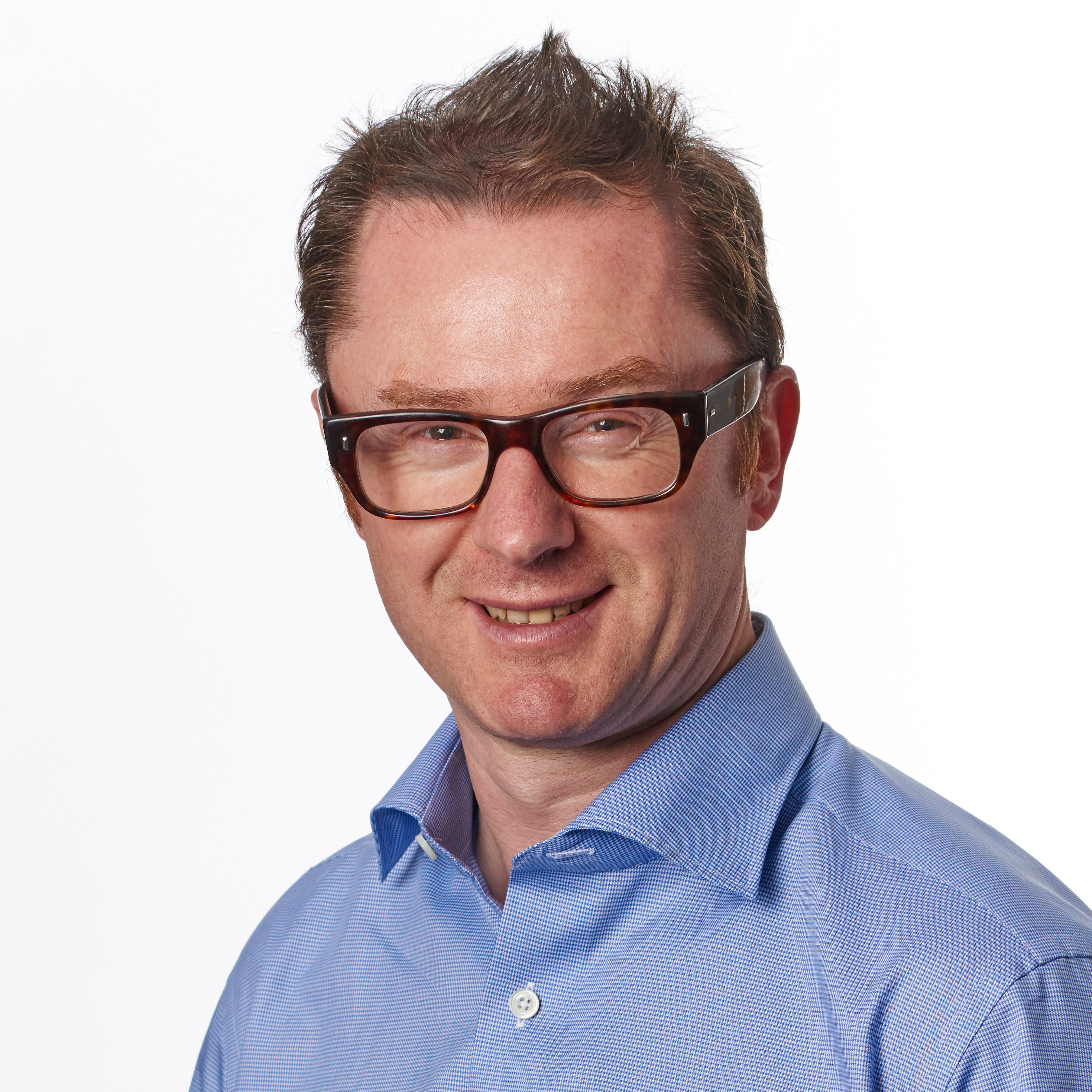
Niall is the editor of Digital Camera Magazine, and has been shooting on interchangeable lens cameras for over 20 years, and on various point-and-shoot models for years before that.
Working alongside professional photographers for many years as a jobbing journalist gave Niall the curiosity to also start working on the other side of the lens. These days his favored shooting subjects include wildlife, travel and street photography, and he also enjoys dabbling with studio still life.
On the site you will see him writing photographer profiles, asking questions for Q&As and interviews, reporting on the latest and most noteworthy photography competitions, and sharing his knowledge on website building.
